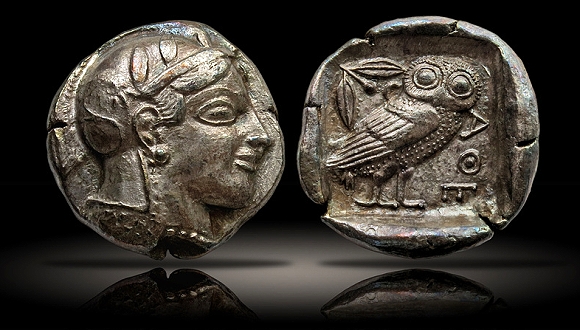Jacob was alone, then he wrestled with God until morning.
This is the reading that we had from Sunday, and it's one of the most important ones for the modern context. That is, Jacob, whilst he is alone, must wrestle with God by himself. For a long time.
In reality, we don't wrestle with God as much or as often as we ought to, precisely because we fear what would happen if we did. Jacob ends up changed after he is done, renamed by God, yes, but certainly change and different by the time it is over. He is not himself anymore, or not what he used to be. He is given a new identity, a new role, and a new image of himself, and his interactions with his brother change as of that moment. But we don't wrestle with God, and consequently, things don't go overly well for us.
I'll explain what I mean. Picture math.
Looking at that makes my head hurt. But math is a complicated thing, to be sure, but it comes down to small constituent parts very easily. And all math is built up off of simple concepts: addition, subtraction, multiplication, division. Those things add up and are used to make more and more difficult concepts, so that, by the time you have increased in complexity enough, you can do compound interest, land the space shuttle, whatever you need to do, because the math gets more and more complicated, but still requires those constituent parts.
Now, if you would have said as a grade schooler 'yes, I know multiplication, division, addition and subtraction, and now I don't have to know anything else,' like you'd be wrong, obviously, but you'd be wrong in a very particular way. Because eventually, you would come up against a problem that your four bits of math couldn't solve, and you'd have two choices - to buckle down and learn how fractions work, or to insist that math just can't explain this, because it doesn't fit with the math you learned as a child.
People learn about the Lord as children, in Sunday School. They learn about him, and the ten commandments, the Lord's prayer, that kind of thing. And it's not as though the God that you talk to as an adult is different in any material way from the God you talked to as a child, but you had to learn about him differently then as to now. Not because he was different, but because you were. The God of the Bible is infinitely more complex than you learned about as a child because you weren't up for the challenge, and your problems were much much smaller then. The mistake that gets made is that if you stop learning about God and wrestling with him, then you'll come to the came conclusion that people can get to with math.
What I learned about as a child doesn't cover this, therefore it doesn't work.
That's not true. It didn't stop working, you did. Math gets more and more complex to solve more and more complex problems. If you're counting to 12, you can get that done in a sesame street song, but if you're flying to mars, you're not gonna fit that into simple mnemonic lyrics. If all you know is how to count to ten, or whatever, you're not making it to mars anytime soon. If all you know is the lyrics to 'Jesus loves me,' it's all technically true, of course, but then grappling with the enormity of why bad things happen to people you like, or if your pets go to heaven or whatever, aren't covered in those lyrics.
So you gotta wrestle. In the same way as Jacob, when all is calm and still, you have to wrestle with God until morning. It's a heck of a process, and one that must be done if you're going to get anywhere. Otherwise, nothing changes, especially you. You won't learn or grow, or be changed at all, because it'll be just you again, as usual. But if you wrestle with God, if you have problems, concerns, difficulties, and so on, you may find that wrestling with God answers a few of those questions. Maybe all of them. Maybe you need to grow, and the only way to do so is through conflict, at the end of which you're not yourself. You're something better.



